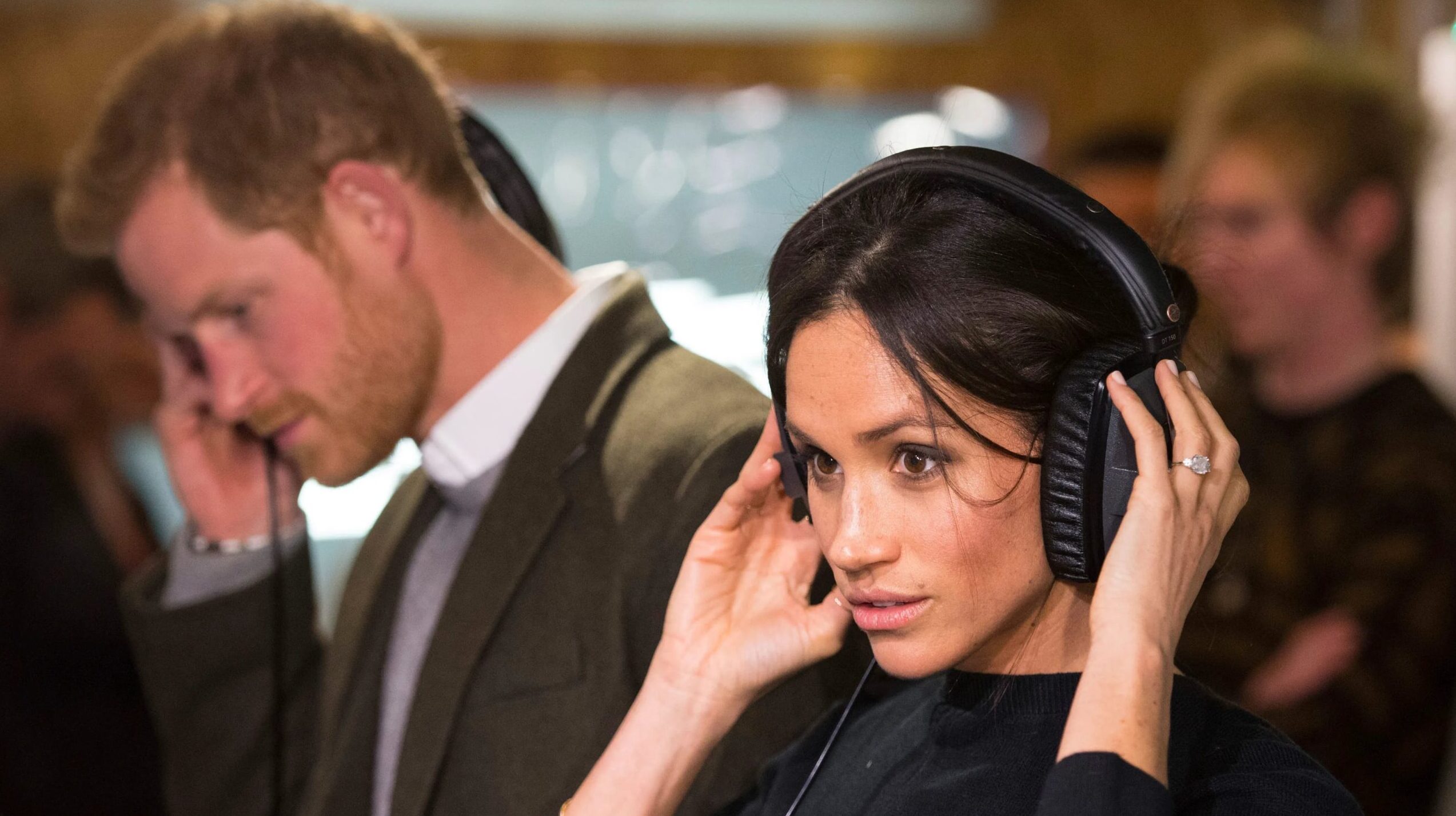
Earlier this week, Max Tani wrote this at Semafor:
In 2020, Spotify’s stock spiked on the news that Meghan Markle and Prince Harry signed an exclusive deal with the streaming platform. But when the deal fizzled last week, the leader of one of the biggest global talent agencies, whose business is increasingly focused on audio, said he wasn’t surprised. “Turns out Meghan Markle was not a great audio talent, or necessarily any kind of talent,” United Talent Agency CEO Jeremy Zimmer said over coffee at La Majestic during the Cannes Lions advertising festival. “And, you know, just because you’re famous doesn’t make you great at something.”
Exactly, particularly when it comes to creating content. If you’re a company engaged in that business — whether it’s podcasting or broadcasting — before you hire someone to speak out loud, you should make sure they can, um, speak out loud. And have something to say, too.
Last summer, I wrote a piece explaining why doing daily talk radio is the toughest job in show business, because it’s the only medium in which a single host must come up with new things to discuss for hundreds of hours per year. Podcasting is similar, although the algorithm for determining success is quite different — particularly for those who do it as a hobby, not as a job that supports their lifestyle full-time.
Too many radio managers have made the same mistake the execs at Spotify did.
When KLSX/Los Angeles flipped to a talk format in 1995, it benefitted from having Howard Stern in morning drive. But the on-air lineup that followed included radio newbies Susan Olsen (Cindy on “The Brady Bunch”) and Kato Kaelin (known for nothing more than living in OJ Simpson’s guest house when the latter murdered his wife, Nicole, and Ron Goldman). It turned out neither Olsen nor Kaelin was capable of generating enough interesting topics to fill a couple of hours, let alone ten to fifteen a week. The only experienced hosts on the station at the time besides Stern were Larry Wachs and Eric Von Haessler, who’d had a successful morning show in Rochester, New York. They also had a sense of humor about themselves. Surrounded by people famous for other things, Wachs and Von Haessler labeled themselves “The Regular Guys.”
Another category of people who have been given radio shows without any evidence they could handle the job would be TV news anchors, reporters, and weather people (including in St. Louis). Talented as they might be in that field, they never had to wake up and think, “What am I going to talk about for three hours today?” The result has too often been audio pablum that fills airtime, but not in any compelling or entertaining way.
The Meghan and Harry deal with Spotify reminded me of when Magic Johnson, Pat Sajak, and Chevy Chase were all given the chance to launch new late-night TV shows. Johnson was a money-in-the-bank guest on Arsenio Hall’s show, but proved that being a good interviewee is not indicative of an ability to interview others. Sajak was a skilled game show host who had no demonstrable skills at anything else. As for Chase, he was a good writer and performer in sketches and movies, but had never displayed an ability to sit behind a desk and be funny other than for a few minutes each week on SNL’s “Weekend Update.” Moreover, his smugness and disinterest in his guests — and the entire proceeding — doomed the project from the start.
It’s happened in daytime TV, too, with talk shows hosted by Tony Danza, Harry Connick Jr., and Megan Mullally among a plethora of projects that failed. Even TV news people like Katie Couric, Jane Pauley, and Anderson Cooper struggled to pull it off before they were, um, pulled off.
Yet, in each instance, because they were famous, millions of dollars were thrown away by executives who didn’t understand the demands of creating content consistently. Worse, the C-suite geniuses signed those expensive deals without having the host wannabes produce a few episodes to see if they could do it!
Whether it’s a TV network, a radio company, or a streaming audio platform, it’s still media malpractice.
